This Saturday while much of Northern Italy was hit with rains, our little paradise over Azienda Agricola Vajra in Barolo was partially sunny. Maybe this was due to the emanating “warmth” of the family Vajra who all greeted us with smiles as we drove in. There was something special about Aldo, Milena and their kids. I felt it right away.Aldo and his son darted off devotedly into the vineyards (a true family run winery) while we were lucky to have Milena who graced us with her stories, philosophies and life lessons.
Aldo and Milena were a rebellious couple in the early 70’s, madly in love and willing to go against the grain in order to follow their dreams. There were many criticisms coming from both of their families when they heard that Aldo wanted to abandon his idea of becoming a teacher and when Milena’s family heard she was going back to the hard life which is what her family had escaped from. Were they digressing? Absolutely not, they were progressing and about to start a revolution in local winemaking.
About an hour had passed philosophizing before we even took a step into the stain-glassed window cellar. We were mesmerized by her stories and the sparkle in her eyes when she talked about Aldo and their affectionate tie to the land. I could have listened to her forever.
What I keep learning about the fascinating world of wine, is that the winemakers are faced with a myriad of decisions to make, from tiny and apparently insignificant choices to major ones like deciding on the varieties they want to plant. Every possible course of action is extremely important to Vajra. When many wineries in the area were used to planting the same old profitable wine grapes, he set up a mini experimental nursery where he tested out a huge range of varieties, ones that the locals had never even heard of at the time. Through his own experiments, he found that indeed the grapes which survived the climatic challenges best were those native grapes like Nebbiolo. However, he did do something unthinkable… he planted Riesling! By looking at the makeup of the delicate, sandy soil, Aldo was able to foresee that Riesling would be a very suitable grape.
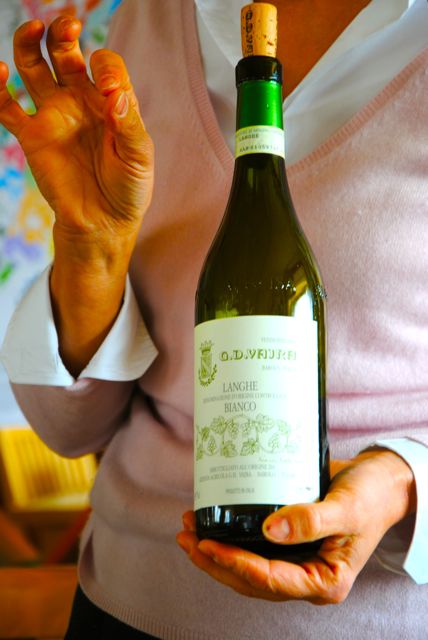 |
| Riesling |
Obviously, this was seen as an act of idiocy (what?! riesling in Langhe?) and created many problems bureaucratically and socially with local winemakers. Then … something amazing happened. When a fellow friend in the industry brought their wine to a blind Riesling tasting in Germany, they stirred up a lot of commotion when their Piedmontese Riesling got second place! Vajra was slowly starting to prove everyone wrong and gain the respect that they deserved.
Milena talked about her anxieties at the beginning of their career as she saw everyone in the area already picking their grapes. Why weren’t they their harvesting yet? Her husband confidently answered that according to his philosophy, intuition and invested expensive technology, it was still not time. This is one of many examples when the Vajra family were not conditioned by trends, but followed their hearts instead. Now, while both flattering and frustrating, it is the others who wait for the Vajras to harvest their grapes so they can follow in their footsteps.
When Piemonte was hit with a devastating hailstorm in 2002 nearly destroying the whole vintage, it proved how just one single factor could have such a big impact. But maybe this is really what gives wineries like these such character. While visiting during those days, a well-known California winemaker witnessed these events and realized that moments like these are what give “Europe a soul”.
After talking for hours about these fascinating stories, I was ready to try some wine but there was still one more important story Milena wanted to tell us. Their family friend and local priest designed the spectacular windows and emphasized that beauty is found in the simple things around you every day. I think the Vajras have incorporated this ideology in many ways.
 |
| stained glass effect |
Finally the moment we were all waiting for: tasting the whole range of wines from the Riesling to their most prized Barolo Bricco Delle Viole. The Riesling was first of course, then the most important Barolos and strangely enough the same Riesling closed the circle! The craziest thing is that it was even better than before, even after the powerful Barolos. We breathed in intense perfumes of honey, flowers and pear. On the palate it was crisp, citrusy and sparked with minerality. NOW OBSESSED!:)
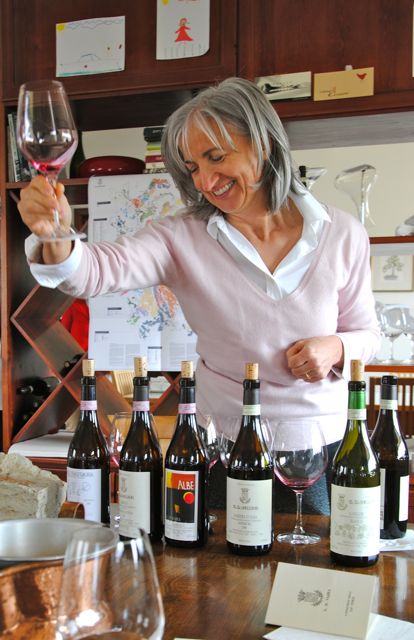 |
| joy of life! |
It goes without saying that their Barolos were absolutely amazing. My spontaneous reaction was just “WOW”. We learned about their different vineyards, one masculine and one feminine. As mentioned before, Italy’s got soul and so do their wines! The real surprise for me though was their Moscato. It was a surprising harmony of salty and sweet, with the most delicate perlage. To be quite honest, I often avoid sweeter wines, but this was the best I had ever tasted. This is partly thanks to their respect for winemaking techniques (they filter the Moscato with a pharmaceutical machine!).
Vajra now has the last laugh and has persevered in the face of difficulties and criticism for their sometimes “rebellious” and “alternative” ways. I admire them for their success but moreover for their humility and love for life! Their determination and wisdom particularly struck both Claudio and me and we thank them for this unforgettable winery visit.
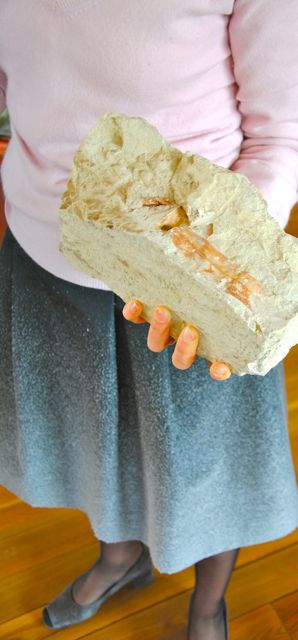
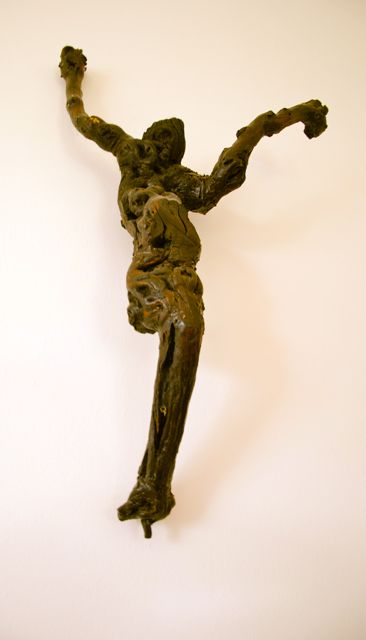
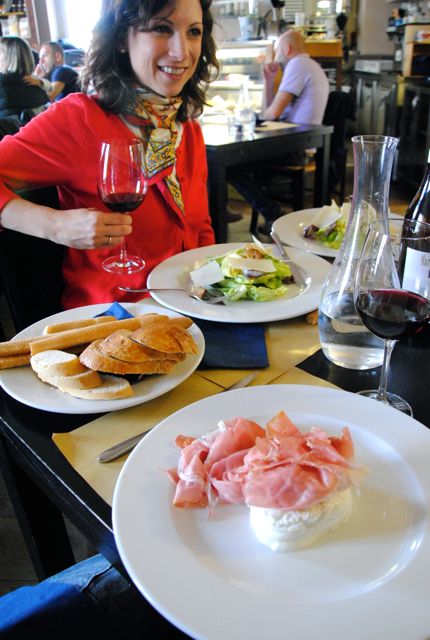

Exactly right! What an awesome and inspiring afternoon… What a rebellious Moscato!
Another terrific find & interesting back story. Enjoyed the story and photos – ken
Anna, once again your lively writing style has made me think 'Must go there too!' Keep 'em coming.
thanks everyone! easy when the material is so good!
Great post! I have yet to see a Pimontese Riesling in NYC. Will have to start looking!
Great post Anna! This summer we will be in Barolo, on a campsite, next to Vajra:-) #lucky
yeah! we could see the campsite from their tasting room window! enjoy!
Anna, let me say thank you! On discovering your blog we took a visiting friend to Vajra and spent a fantastic afternoon with great people and great wines.
omg that is so cool! i am so happy you stumbled upon my blog and went to vajra! glad you had a great experience and thanks for the feedback!